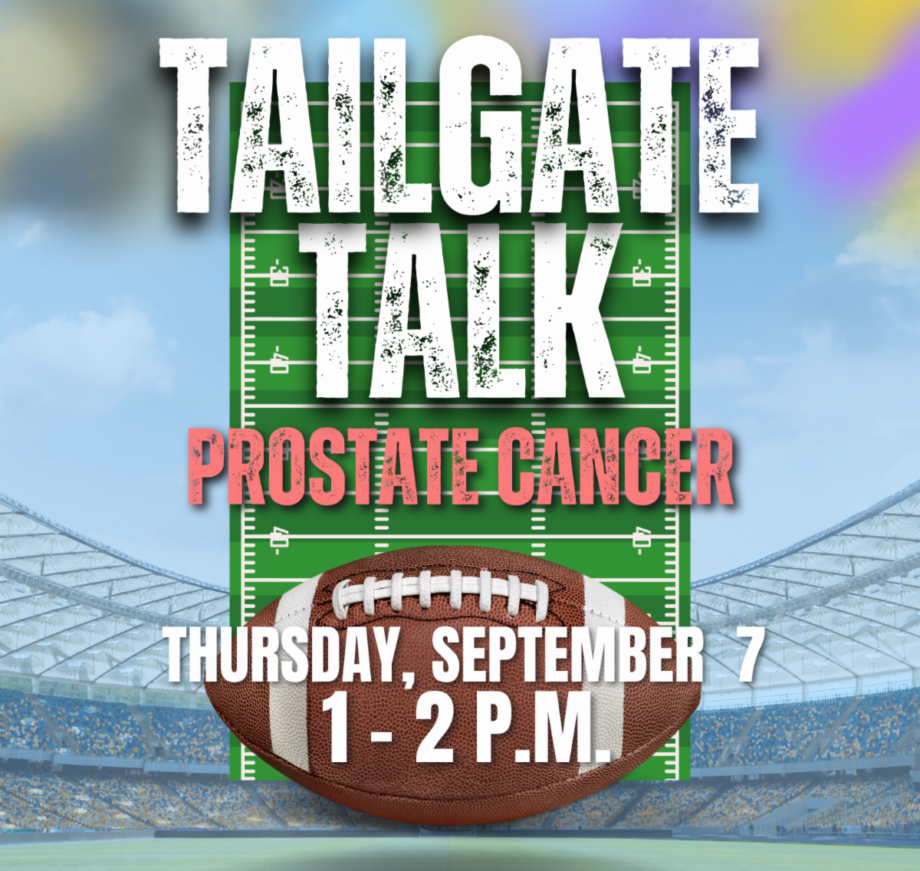LDH hosted a Lunch & Learn on Thursday, September 7th in partnership with the Baton Rouge Clinic.
Dr. Ross Cockrell, Urologist at the Baton Rouge Clinic shared his playbook on Prostate Cancer prevention, screening and treatment with LDH male team members.


LDH highlights Prostate Cancer Awareness Month
September is nationally recognized as National Prostate Cancer Awareness Month. Prostate cancer is the most common non-skin cancer in America and the second leading cause of cancer death among men in Louisiana. The prostate is a gland in the male reproductive system that produces fluid that makes up part of semen. Prostate cancer begins when cells in the prostate gland start to grow out of control.
Who is at risk for prostate cancer?
All men are at risk for prostate cancer, but it is more common in older men. It is also more likely to occur in men with a family history of prostate cancer and in men of African-American descent. For example, one in five Black men and one in three men with a family history will develop prostate cancer. Other risk factors include smoking, being overweight and not getting enough exercise. In the United States, one in eight men will be diagnosed with prostate cancer in his lifetime.
What are the symptoms of prostate cancer?
Prostate cancer may cause no signs or symptoms in its early stages. However, more advanced cancer may cause signs and symptoms such as:
-
-
-
- Trouble urinating or emptying the bladder completely
- Weak or interrupted flow of urine
- Urinating often, especially at night
- Pain or burning during urination
- Blood in the urine or semen
- Pain in the back, hips or pelvis that doesn’t go away
- Erectile dysfunction or painful ejaculation
-
-
Who should get screened?
The Centers for Disease Control and Prevention (CDC) recommends men with high risk who are 45 or older speak with their doctors to make individual decisions regarding screening. The sooner prostate cancer is detected by screening, the higher chances are to address the diagnosis.